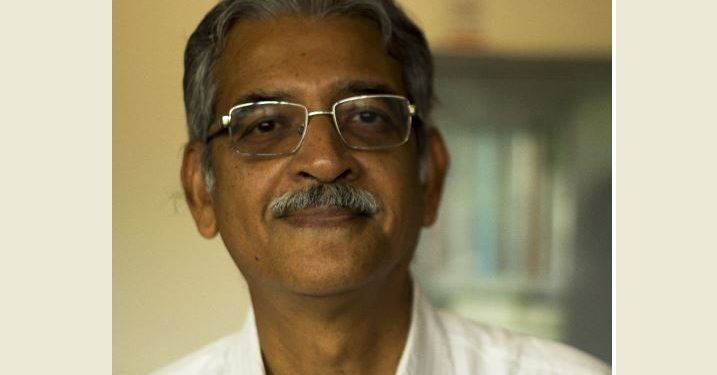Bhubaneswar: Eminent ecologist Dr Raman Sukumar will grace the fourth edition of the Dharitri Youth Conclave, to be held November 24, as the keynote speaker. The thematic annual conclave is set to witness a congregation of experts and panellists who will debate and deliberate on this year’s subject ‘Climate Change-Building Resilience’ and suggest actions for climate safety.
Dr Sukumar — who is the National Science Chair at the Indian Institute of Science (IISc), Bangalore — is internationally known for his pioneering research on the ecology, behaviour and conservation of Asian elephants. His work on Asian elephants has had a profound impact on both conservation science and the relationship between humans and wildlife.
Dr Sukumar’s journey began in Madras where his early experiences sparked a lifelong passion for environmental protection. He went on to earn his doctorate in Ecology from IISc, Bangalore where his groundbreaking research focused on the ecological challenges arising out of the coexistence of elephants and humans.
As a professor at the Centre for Ecological Sciences, Dr Sukumar has mentored generations of students and researchers, shaping the field of wildlife conservation in India. He was also one of the architects of the country’s flagship conservation initiatives, namely, Project Elephant, launched in 1992.
Also Read: Dharitri Youth Conclave 2024: Meet Heeta Lakhani, the climate educator inspiring change
His accolades include prestigious honours such as the Presidential Award of the Chicago Zoological Society in 1989, the Order of the Golden Ark in 1997, the Whitley Gold Award in 2003 and the International Cosmos Prize in 2006, among others. He was elected vice chair of the Intergovernmental Panel on Climate Change during the recently held elections at the United Nations Environment Programme headquarters in Nairobi. Dr Sukumar also chaired the Asian Elephant Specialist Group of the World Conservation Union from 1997 to 2004.
Dr Sukumar’s contributions go beyond academia, with his insights influencing policy and management practices for elephants and other wildlife species. His work has been instrumental in bridging the gap between scientific research and practical conservation efforts.
In an effort to provide a safe habitat for elephants, Dr Sukumar carried out surveys and tried to establish protected corridors so that elephant herds could move from one reserve to another. He experimented with various forms of fences around village perimeters to keep the animals away from crops and human habitation. He also helped design the Nilgiri Biosphere Reserve, the first-of-its-kind in India, which was established in 1986. There he conducted research on climate change, tropical forests, and wildlife conservation.
PNN






































